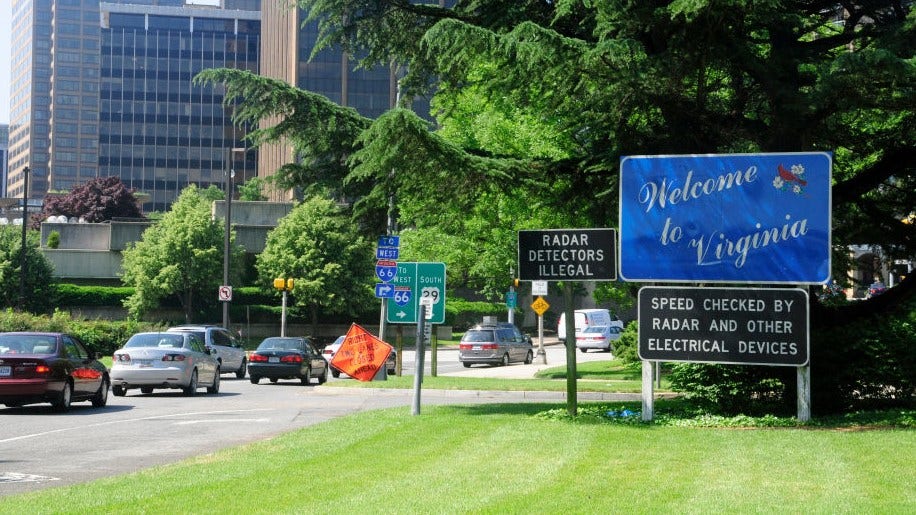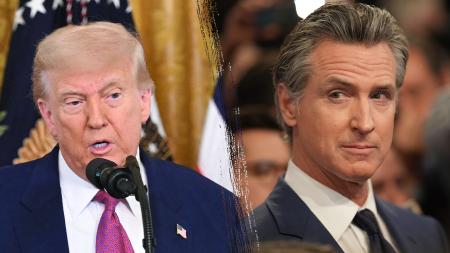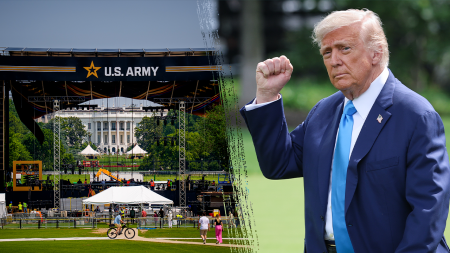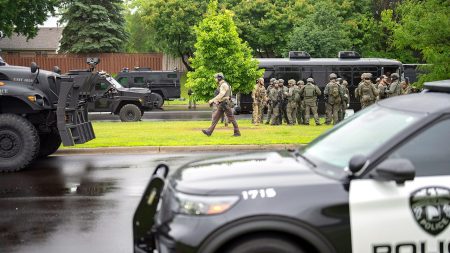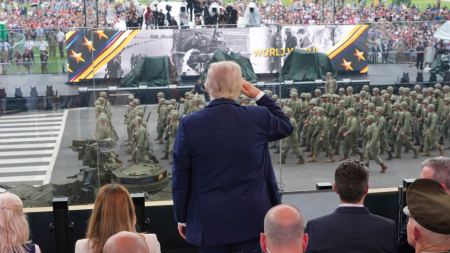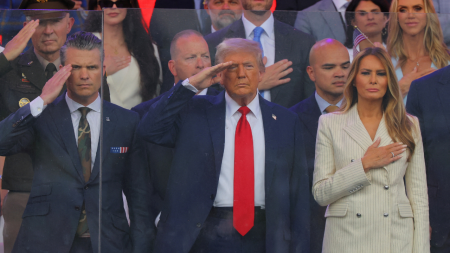These special elections in Virginia offer a glimpse into the evolving political landscape ahead of the 2025 gubernatorial races and the 2026 midterms. The contests stem from a series of political shifts, including a Democratic upset in a traditionally Republican congressional district and the subsequent bids of two state lawmakers for higher office. Loudoun County, a rapidly growing exurban area near Washington, D.C., has become a focal point of national political debates, particularly surrounding transgender policies and school safety. Its shift towards the Democratic Party in recent years adds another layer of intrigue to these elections. The outcomes will provide valuable insights into voter sentiment in suburban areas, which are often decisive in statewide and national elections.
The Republican Party, under the leadership of Governor Glenn Youngkin, is aiming to capitalize on potential dissatisfaction with Democratic policies. Youngkin, who achieved a surprising victory in 2021 by appealing to voters in traditionally Democratic areas, is term-limited and cannot seek re-election. These special elections represent an opportunity for Republicans to assess their prospects in the upcoming gubernatorial and midterm elections. A strong Republican showing, especially in Loudoun County, would signal the party’s continued strength and its ability to compete in areas that have recently trended Democratic. Conversely, a poor performance could indicate waning support and pose challenges for the party in future elections.
The three special elections cover a range of electoral landscapes, providing a diverse sample of voter preferences. Two of the races are taking place in Loudoun County, where Democrats are considered favorites due to the county’s recent political shift. However, the level of Republican support in these races will be crucial in determining the party’s overall trajectory. The third race, in a heavily Republican Southside Virginia district, is considered a safe Republican seat. The margin of victory in this district will be another key indicator of Republican strength heading into future elections.
The Loudoun County races involve both a state Senate and a House of Delegates seat. The Senate race features Democrat Russet Perry, who emphasized the importance of protecting abortion rights and increasing funding for education, against Republican Tumay Harding, a teacher and small business owner who focused on parental rights in education and fiscal responsibility. The House of Delegates race pits Democrat Pragya Singh, a former congressional advisor and Peace Corps veteran, against Republican Ram Venkatachalam, an IT professional with a focus on lowering taxes and improving public safety. These races represent a microcosm of the broader political divide in the country, with candidates emphasizing different sets of priorities and appealing to distinct voter demographics.
The Southside Virginia state Senate race, resulting from Congressman John McGuire’s victory over incumbent Bob Good, features Republican Luther Cifers, a businessman with a focus on economic development and agricultural interests, against Democrat Jack Trammell, a college professor highlighting the need for improved education and healthcare access. This district, encompassing a mix of rural areas, exurbs, and historical sites, offers a unique perspective on the political dynamics of a region with diverse interests.
The outcomes of these special elections will be closely scrutinized by political analysts and strategists. A strong Republican showing could embolden the party to pursue more aggressive strategies in future elections, while a weak performance might necessitate a reassessment of their approach. For Democrats, maintaining their hold on the state Senate hinges on winning both Loudoun County races. These elections serve as a crucial testing ground for both parties, providing valuable insights into voter preferences and potential vulnerabilities heading into the next election cycle. The results will undoubtedly shape the political narrative in Virginia and potentially have broader implications for national politics.




